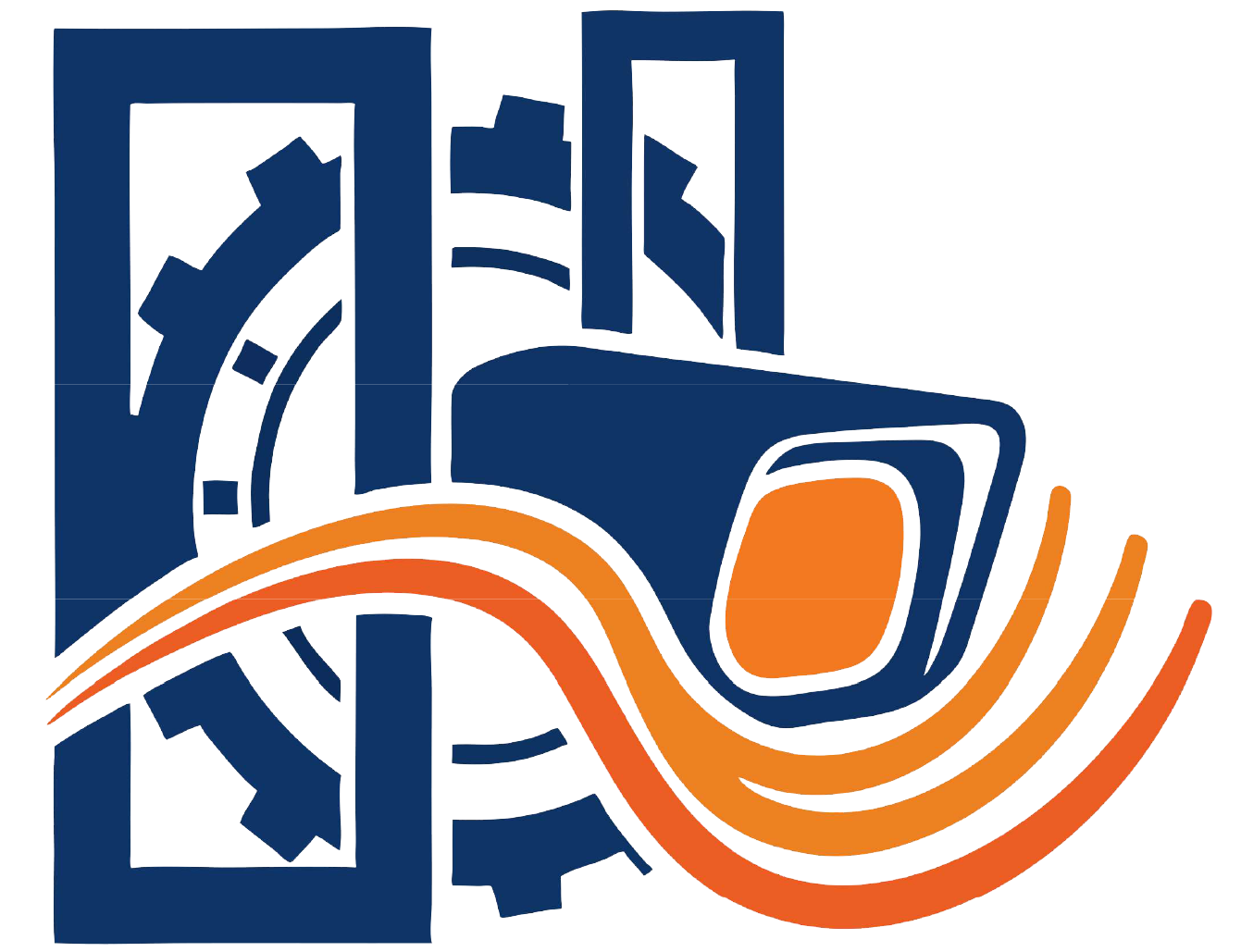



ULTRASOUND TRAININGS
Ultrasound Essentials – Part 1 (UE1) is 25 bundled short courses designed to kickstart any ultrasound journey. The courses are delivered on-demand. UE1 is comprised of three learning categories.
Foundational Knowledge
Application Knowledge
Hardware and Software Knowledge
Ultrasound training courses provide individuals with the knowledge and skills required to effectively perform ultrasound inspections and analysis for various applications. Here are some benefits of undergoing ultrasound training:
Understanding Ultrasound Principles
Equipment Familiarization
Inspection Techniques
Data Interpretation and Analysis
Application-Specific Training
Safety Procedures
Quality Assurance
Certification and Professional Development
Cost Savings and Efficiency
Expanded Career Opportunities
Ultrasound training offers numerous benefits, including a deep understanding of ultrasound principles, equipment familiarization, inspection techniques, data interpretation, safety procedures, quality assurance, certification opportunities, cost savings, efficiency improvements, and expanded career prospects. By investing in ultrasound training, professionals can enhance their expertise in nondestructive testing and inspection, contributing to the reliability and safety of industrial processes.



